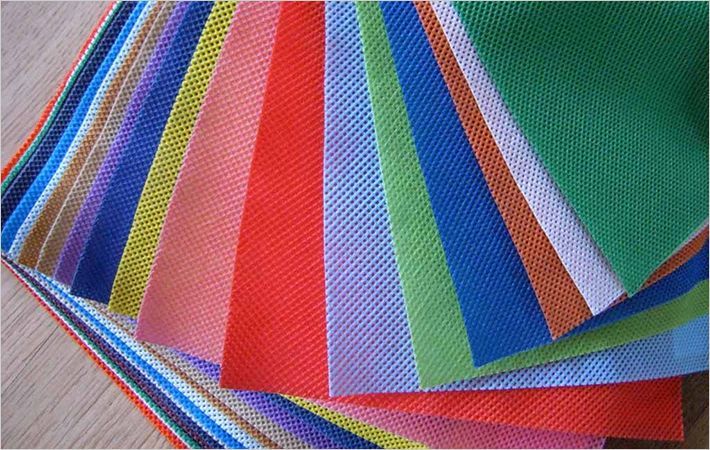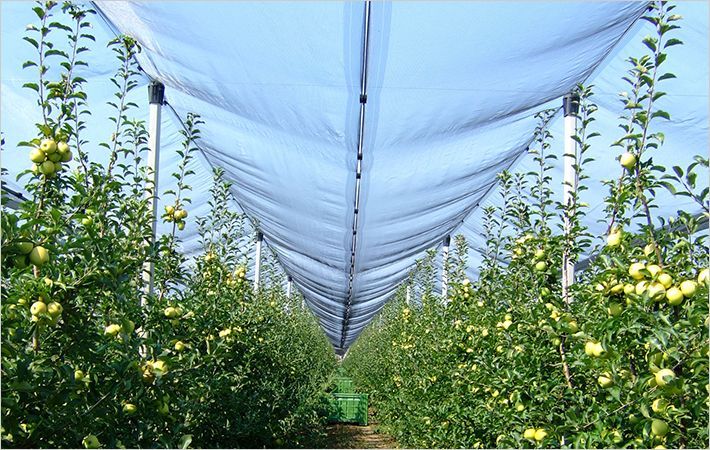The bridges feature zero maintenance, outstanding sustainability and the lowest life cycle costs. Rotterdam thus makes a strategic choice here for greening their city. Having been a frontrunner in commissioning FRP bridges for both traffic and pedestrians/bicycles for multiple years, Rotterdam now thinks big and has ordered as many as 34 all-FRP bridges at a time, to be delivered over the course of 2013.
With the lowest point of the Netherlands – which in Dutch tradition is well below sea level – within its boundaries and located along the river Maas with its mighty harbour, the city of Rotterdam naturally has a lot of water to cope with, and it is used to long-term planning. This includes defining maintenance strategies and consideration of the total cost of ownership (life cycle cost).
The bridges being lightweight also makes the foundations simple and cost-effective, facilitates their installation and makes relocating them to another spot in their expected 100 year life span a viable option.
With lengths up to 17,3 meter and widths up 4,5 meter, the bridges are specific to their surroundings but are all part of the same architectural family, as designed by Olaf Gipser Architects in co-operation with Vista Landscape Architects. The bridges will be installed by main contractor Wallaard Noordeloos B.V..
FiberCore Europe is the world’s expert manufacturer of fibre-reinforced load-bearing structures for both architecture and infrastructure. In a short time, composite load-bearing structures have caused a revolution in the construction industry.
Composites can be manufactured in a short time, are light-weight, maintenance-free and environmentally friendly. To date, in the Netherlands over a 100 (traffic-) bridges have been realized, including the first movable composite road bridge in the world.
FiberCore Europe

